
Аннотация
Isis Unveiled: A Master-Key to the Mysteries of Ancient and Modern Science and Theology, published in 1877, is a book of esoteric philosophy, and was Helena Petrovna Blavatsky's first major work and a key text in her Theosophical movement.
The work was originally entitled The Veil of Isis, a title which remains on the heading of each page, but had to be renamed once Blavatsky discovered that this title had already been used for an 1861 Rosicrucian work by W.W. Reade. Isis Unveiled is divided into two volumes. Volume I, The 'Infallibility' of Modern Science, discusses Occult science and the hidden and unknown forces of nature, exploring such subjects as forces, elementals, psychic phenomena, and the Inner and Outer Man. Volume II, Theology, discusses the similarity of Christian scripture to Eastern religions such as Buddhism, Hinduism, the Vedas, and Zoroastrianism. It follows the Renaissance notion of prisca theologia, in that all these religions purportedly descend from a common source; the ancient "Wisdom-Religion".[1] Blavatsky writes in the preface that Isis Unveiled is "a plea for the recognition of the Hermetic philosophy, the anciently universal Wisdom-Religion, as the only possible key to the Absolute in science and theology."[2]
The work is argued by many modern scholars such as Bruce F. Campbell and Nicholas Goodrick-Clarke to be a milestone in the history of Western Esotericism.[3] Blavatsky gathered a number of themes central to the occult tradition--perennial philosophy, a Neo-Platonic emanationist cosmology, adepts, esoteric Christianity--and reinterpreted them in relation to current developments in science and new knowledge of non-Western faiths. In doing so, Isis Unveiled reflected many contemporary controversies such as Darwin's theories on evolution and its impact on religion, and engaged in a discussion that appealed to intelligent individuals interested in religion but alienated from conventional Western forms. The work was also significant as a first statement of ideas amplified in later Theosophical writings.[4]
Detractors often accuse the book of extensive unattributed plagiarism, a view first seriously put forth by William Emmette Coleman shortly after publication. Indeed, Isis Unveiled makes use of a large number of sources popular among occultist at the time. However, rather than plagiarism, scholars argue, "Blavatsky was a person who had an original set of insights but who lacked the literary skills and knowledge of English sufficient to create a work on her own. Relying on written sources and help from friends, she formulated a unique and powerful expression of occult ideas."[4]
Modern Theosophists hold the book as a revealed work dictated to Blavatsky by Theosophy's Masters.[5]
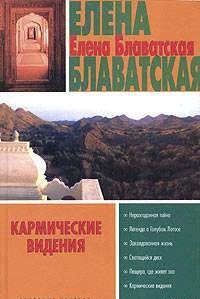
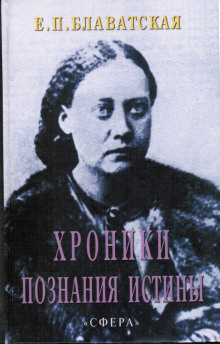
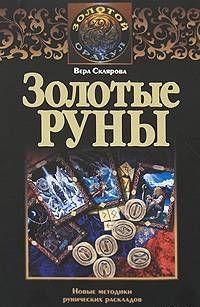
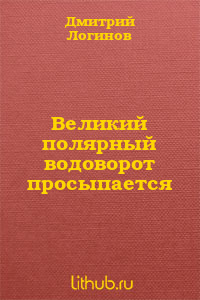

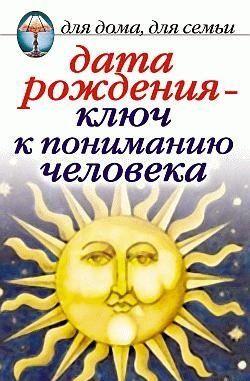
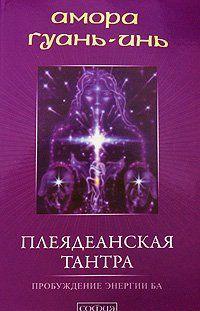
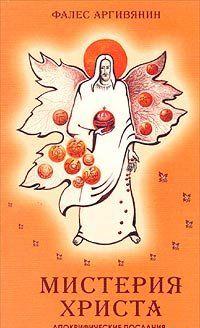
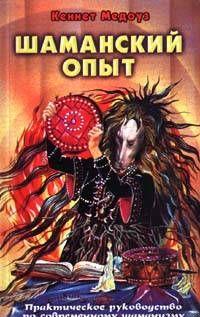
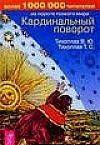

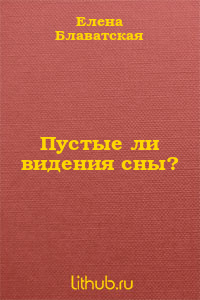
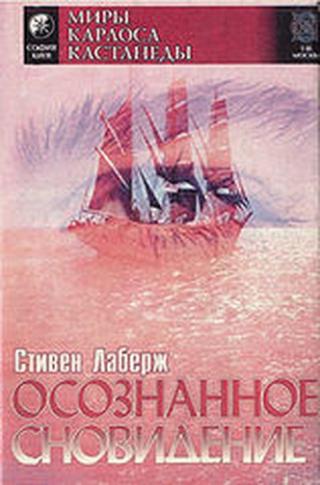
Комментарии к книге "Isis Unveiled, volume one"